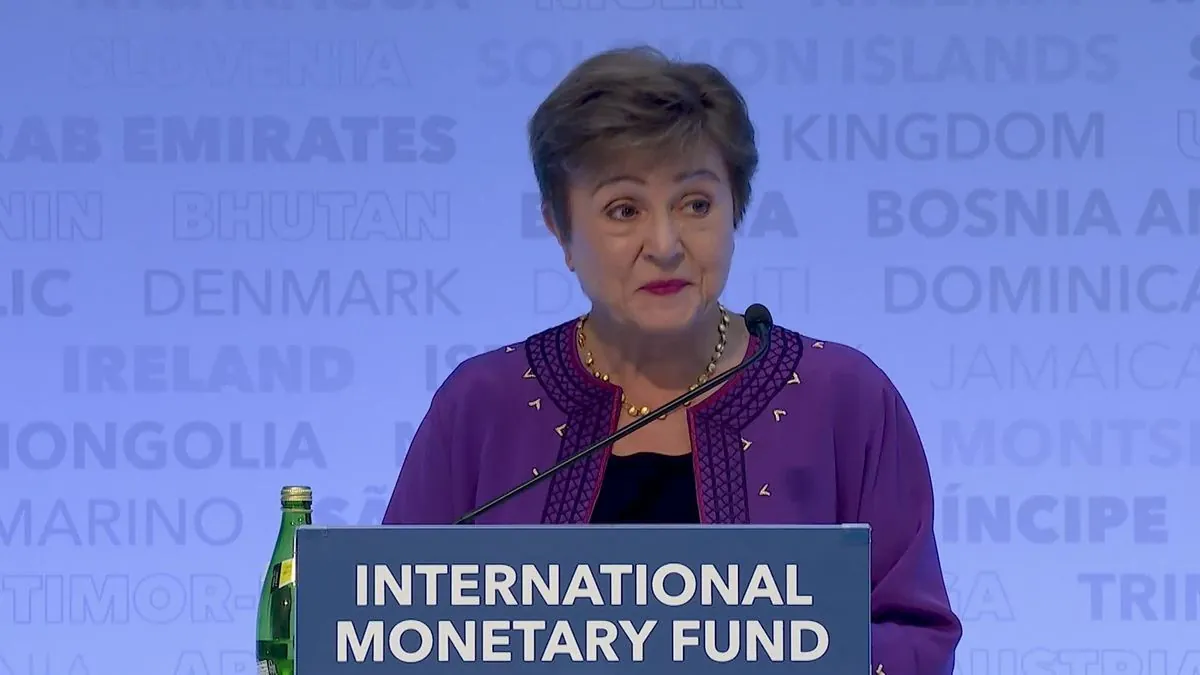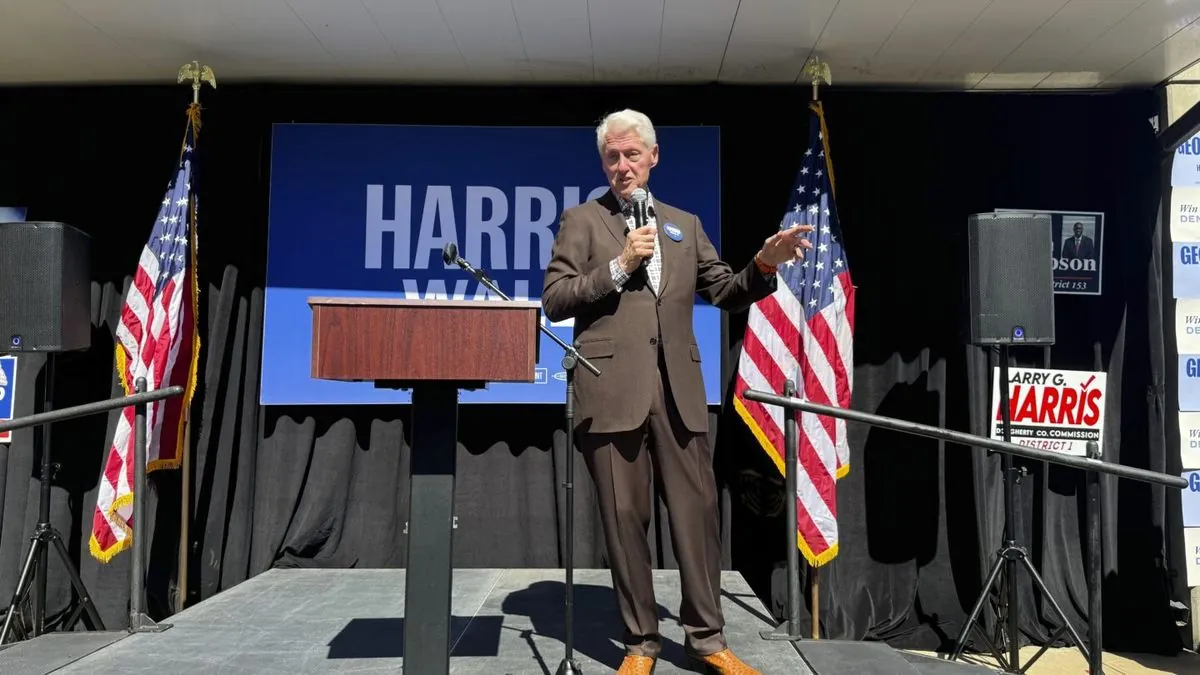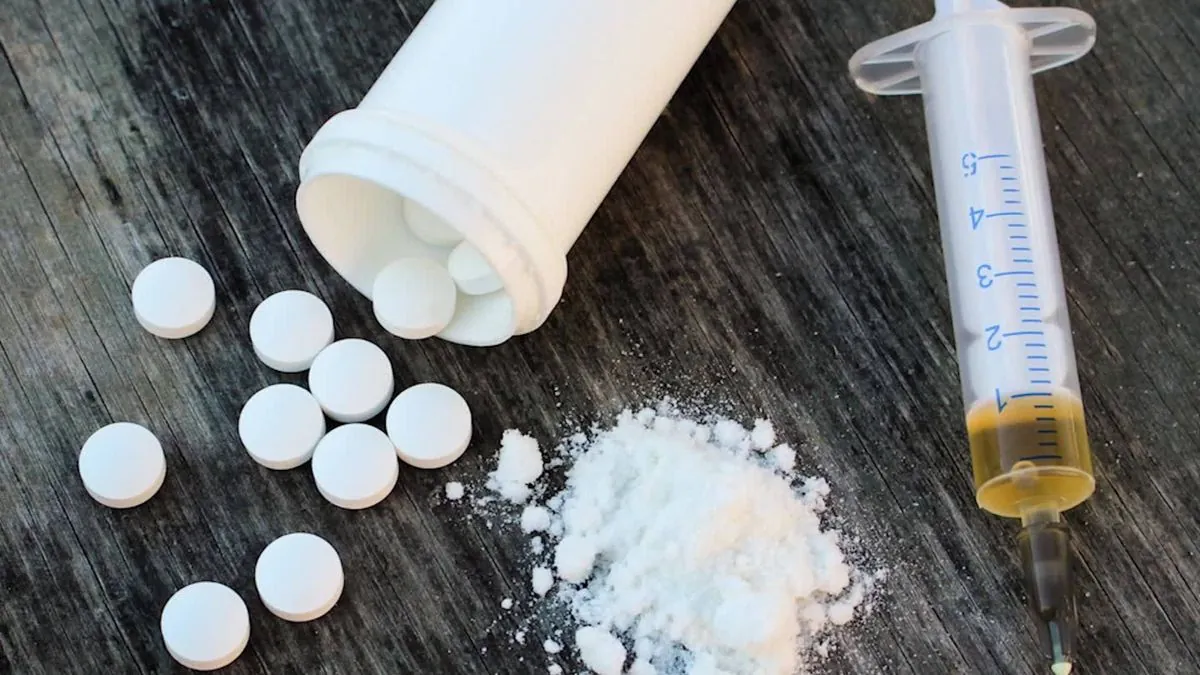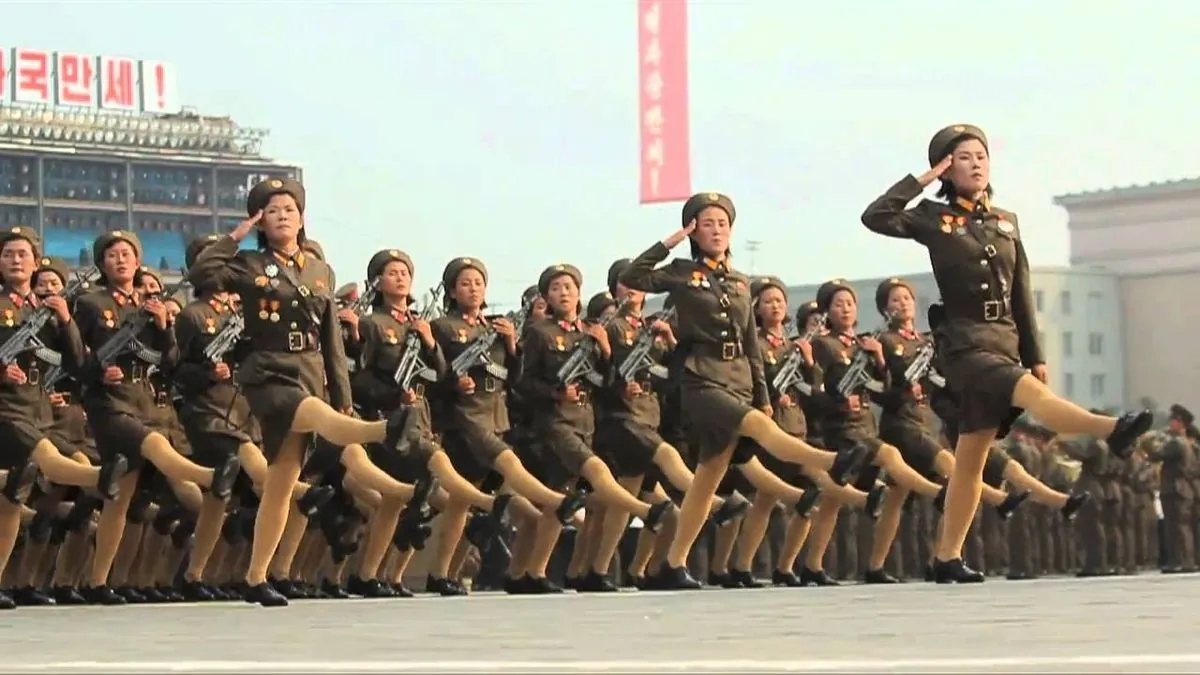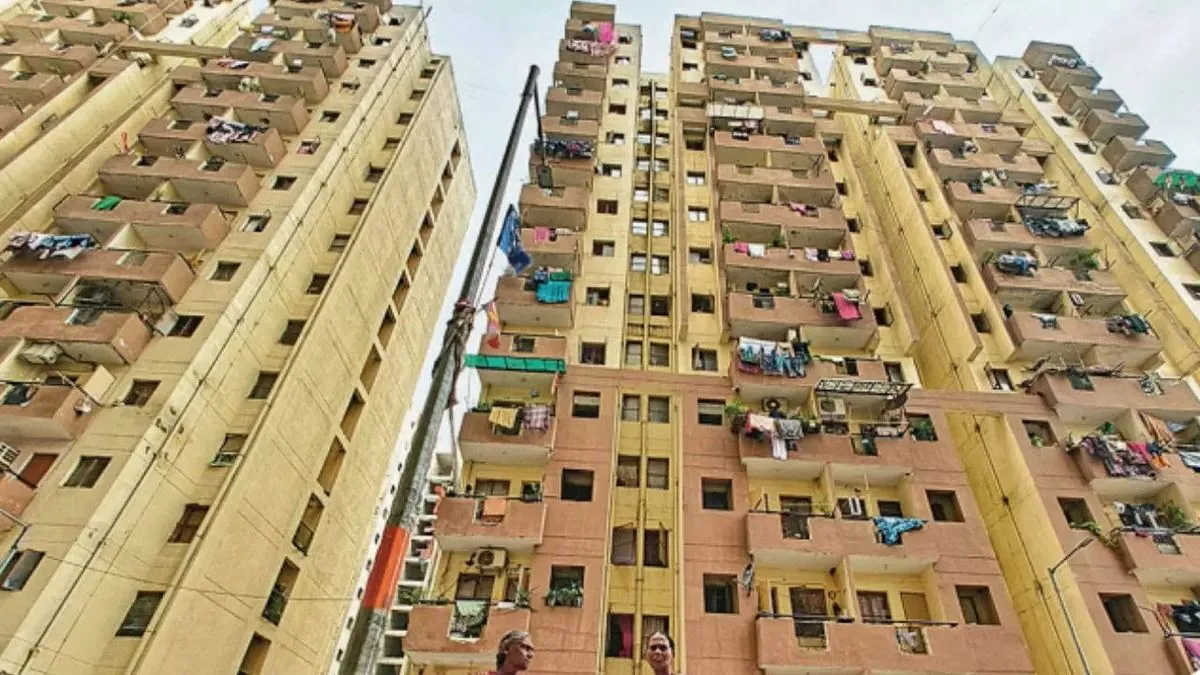Hiroshima survivors grapple with Nobel Prize impact on lingering bias
Hiroshima bomb survivors face ongoing stigma despite Nobel recognition. While the prize highlights their plight some doubt its ability to erase deep-rooted prejudices‚ survivors share mixed views on its potential to heal societal wounds
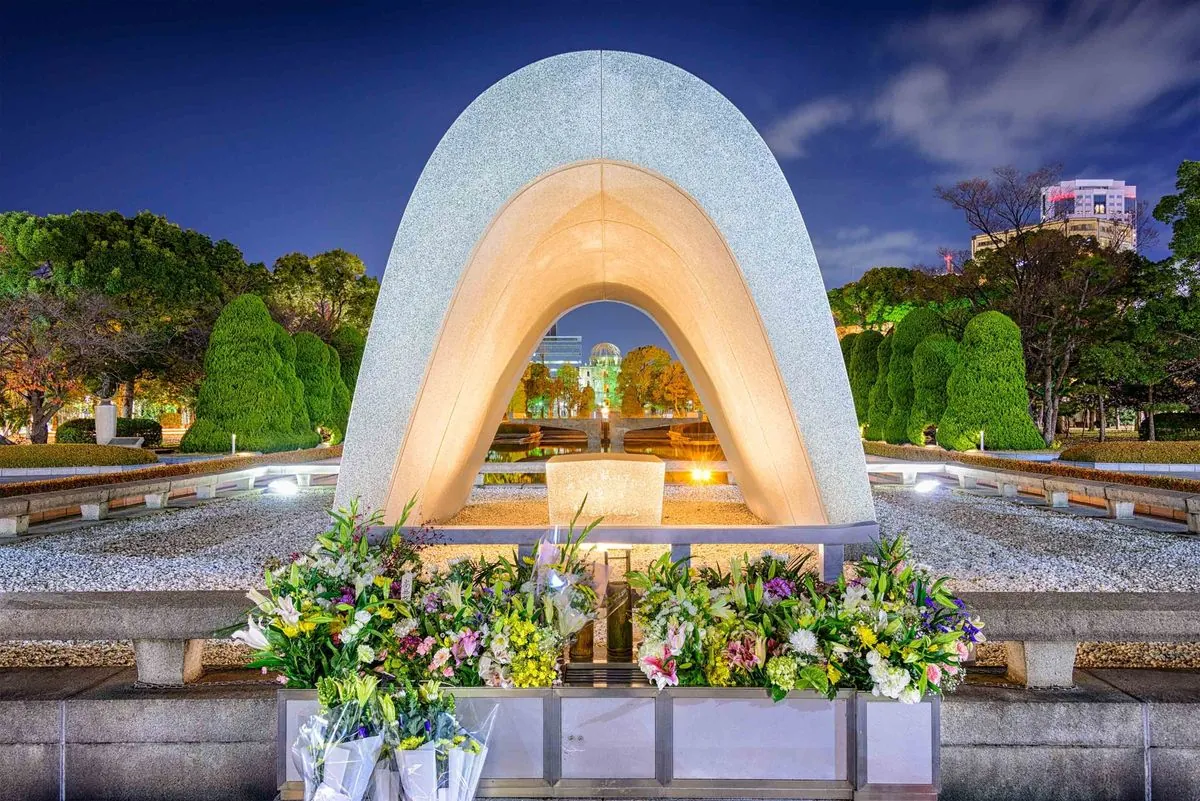
Kunihiko Sakuma‚ a Hiroshima atomic bomb survivor‚ has dealt with prejudice since childhood. Growing up he heard rumors that survivors carried diseases and their children might be affected by radiation from the August 1945 blast. This led him to leave Hiroshima for Tokyo‚ where he faced rejection from a girlfriends mother due to his background
The recent Nobel Peace Prize awarded to the survivors organization Nihon Hidankyo (about a week ago) has brought attention to the ongoing issues faced by hibakusha – survivors of the Hiroshima and Nagasaki bombings. However‚ opinions differ on whether this recognition can address the deep-rooted discrimination theyve experienced
A survey conducted roughly 19 years ago revealed that nearly one-fifth of hibakusha had faced discrimination‚ primarily in finding marriage partners and employment. Sakuma‚ now 79‚ states‚ “The bombs impact wasnt limited to the initial tragedy; it has affected people mentally and in many other ways“
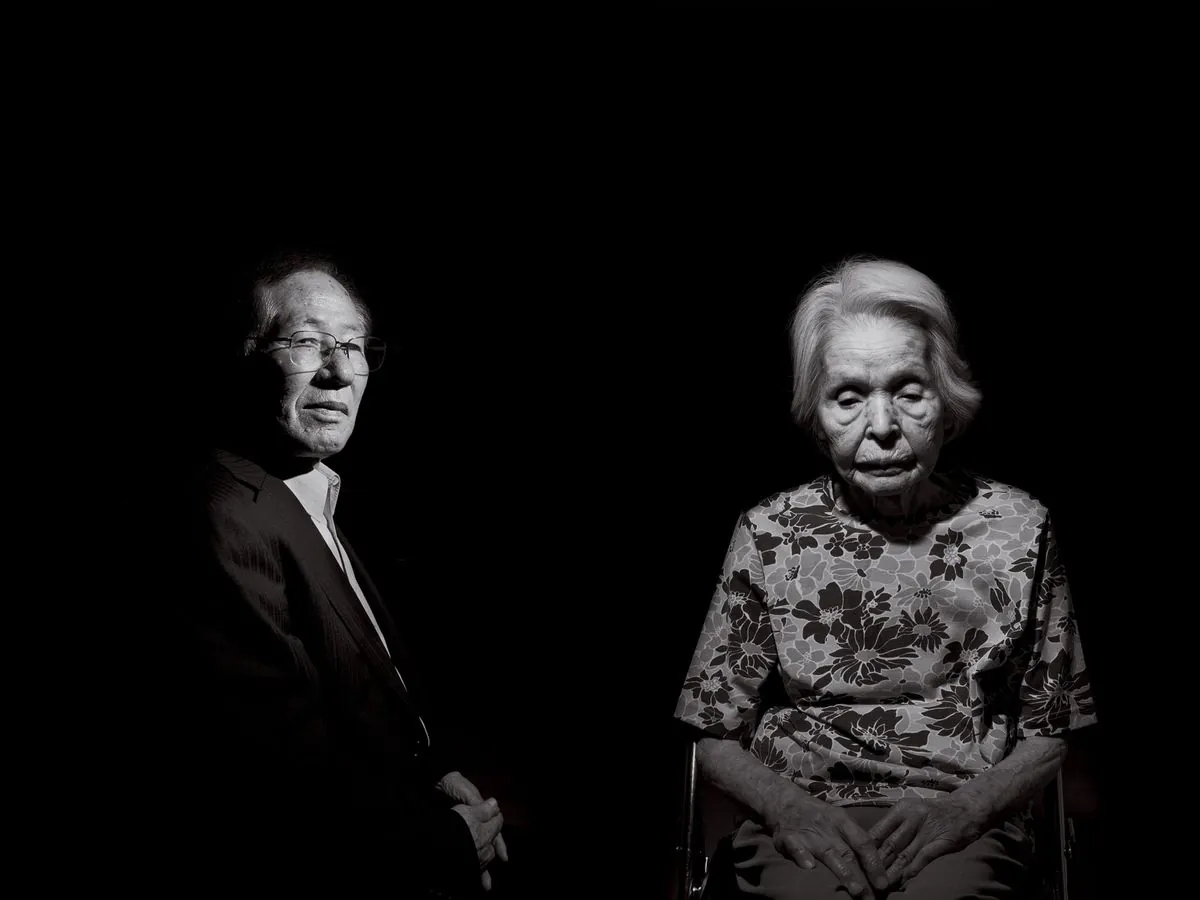
While overt discrimination has decreased‚ some survivors still feel ashamed to discuss their past. Yuta Takahashi‚ director of an advocacy group‚ explains “Discrimination persists‚ especially among older generations or in rural areas; some hibakusha still hear whispers about their origins and feel ashamed“
Teruko Yahata‚ 87‚ recalls the playground taunts directed at child survivors with severe facial injuries. She believes the Nobel Prize might help end lingering discrimination: “It can lead people to understand the atomic bombs true nature‚ its cruelty‚ and the sorrow it caused“
However‚ Sakuma remains skeptical that the prize alone can fully resolve the prejudice faced by survivors. He returned to Hiroshima in the late 1960s after his relationship ended due to his background. While direct discrimination is now rare‚ he believes Japanese society must reflect on how hibakusha have been treated
Its an award that suits the current time . Going forward‚ I think we need to continue discussing various issues to resolve them
The Japanese government has recently promised medical assistance for overlooked victims. As the hibakusha population ages – with an average age of 86 – the need for addressing unresolved issues becomes increasingly urgent






























